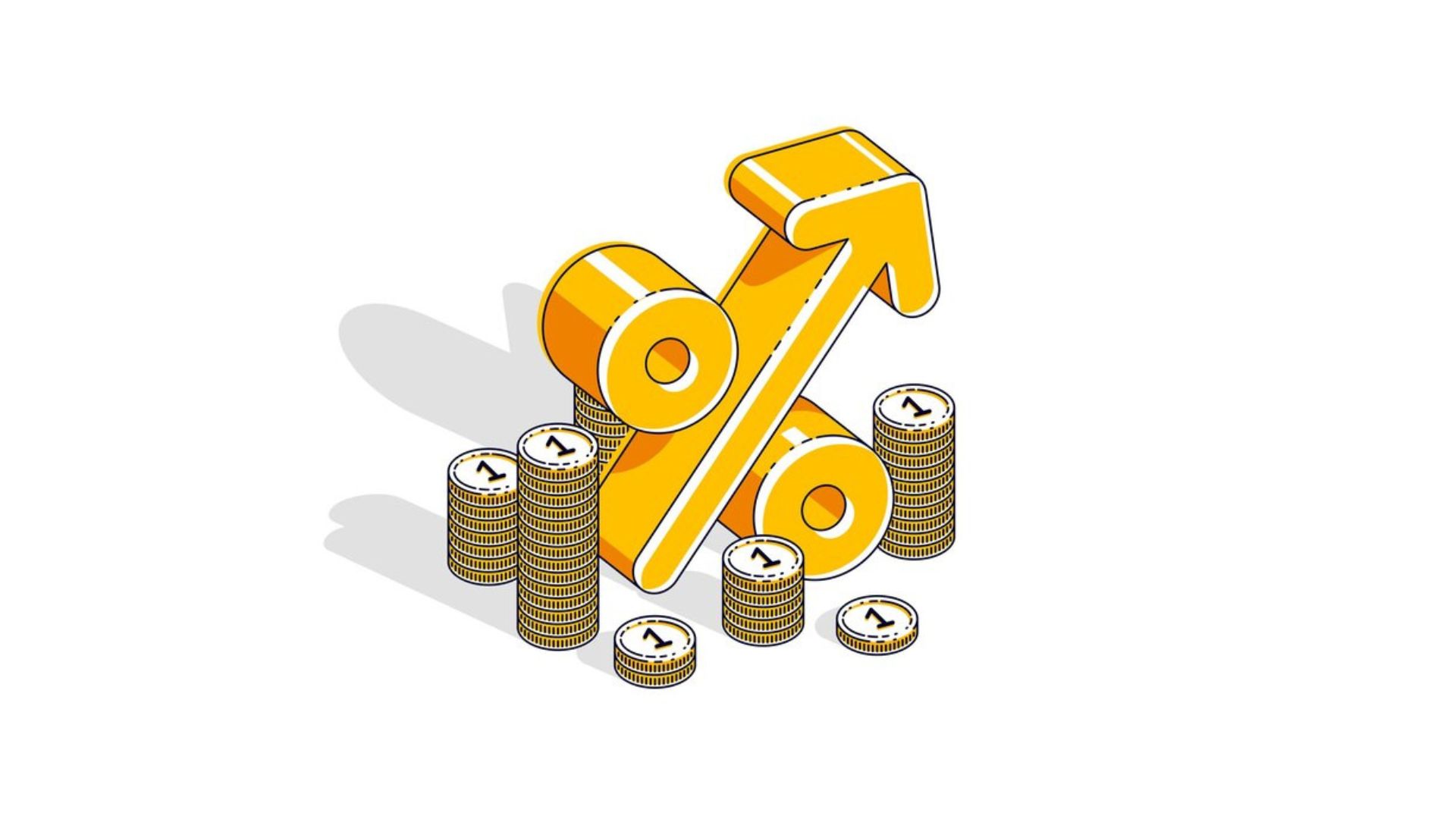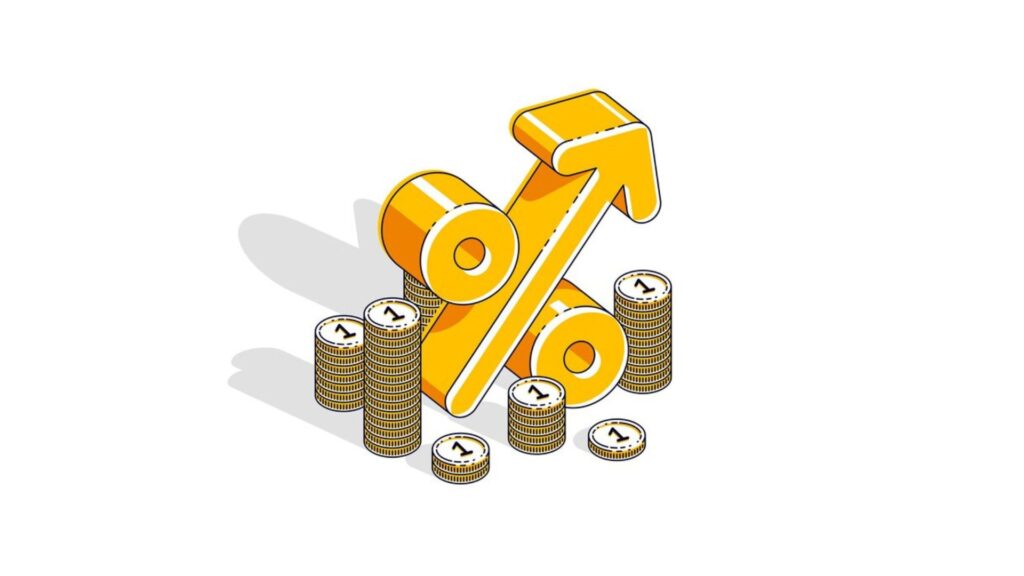
26 Jun GST Penalty and Interest Waiver: Relief for Smaller Companies

The recent decision by the GST Council to waive off interest and penalty under Section 73 comes as a significant relief for smaller companies grappling with hefty Goods and Services Tax (GST) demands. This move is particularly crucial as, in many cases, the combined interest and penalties far exceeded the actual tax liabilities, according to legal experts.
During the 53rd GST Council meeting, held recently, it was decided that both penalty and interest would be exempted if the principal tax demand is paid by March 31, 2025. This waiver applies to cases where there was a tax shortfall between FY18 and FY20, excluding instances involving fraud or misstatements like fake Input Tax Credit (ITC) claims.
“MSMEs and startups will be the primary beneficiaries of this decision,” noted an expert. “Many show cause notices issued under Section 73 for the period FY18 to FY20 will now benefit from this waiver, provided there was no fraudulent intent.”
Another tax expert highlighted that the focus of these announcements is to ease the compliance burden on SMEs. “The amnesty in the form of interest and penalty waiver on Section 73 demands is a practical step. It will alleviate historical financial burdens for SMEs and encourage timely compliance,” he added.
This development is expected to positively impact smaller companies by enabling them to avail Input Tax Credits (ITC) on paid taxes without the additional burden of penalties and interest. It also aims to improve the financial health of these businesses, which have been strained due to high tax liabilities.
“This relief is crucial for small taxpayers, as it addresses their working capital requirements and allows them to focus on business operations rather than litigation,” remarked another expert.
The GST Council’s decision comes amidst an environment where companies faced up to 18% annual interest on overdue taxes, significantly impacting their financial standings. The waiver applies to notices issued as far back as FY18, where interest rates could reach up to 100% of the tax demand, depending on the case.
Following this announcement, legal experts suggest that smaller companies are likely to opt for timely tax payments rather than pursuing lengthy litigation processes. This approach is expected to streamline operations and alleviate financial burdens, fostering a more conducive business environment.
Source: Moneycontrol


No Comments